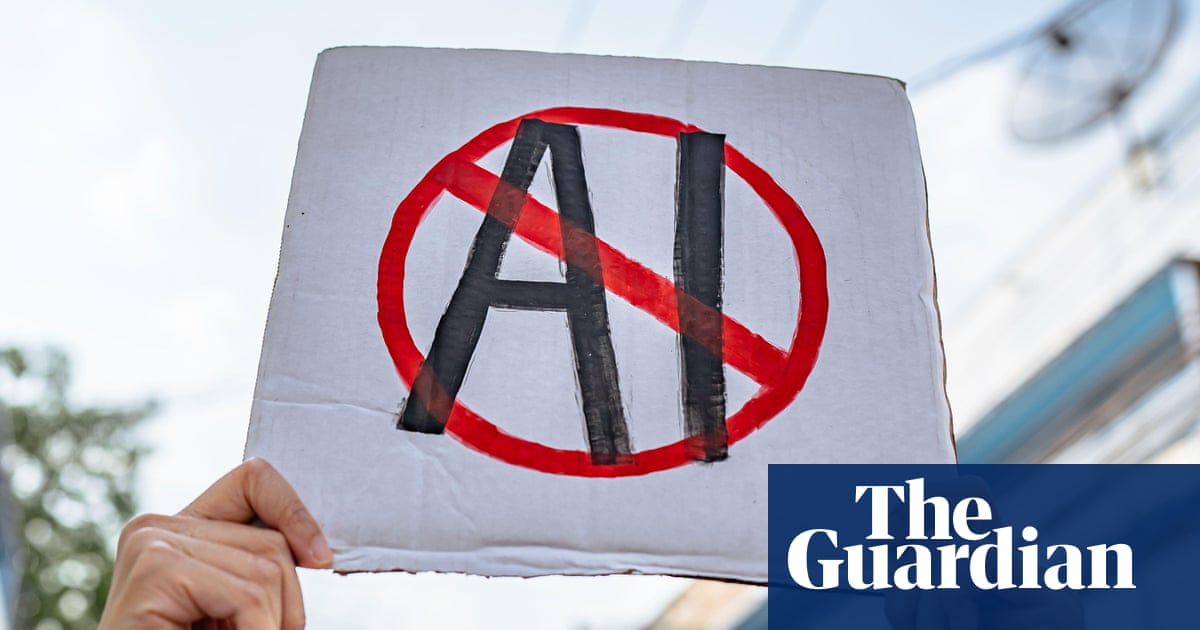The article presents a concerning perspective on the growing impact of artificial intelligence (AI) on education, specifically within the creative industries. It highlights the struggles lecturers face in addressing the use of AI by students in academic work, which raises significant questions about academic integrity and the future of education.
Concerns Over Academic Integrity
The lecturer expresses a deep concern that a substantial portion of student assignments may have AI assistance, which many students might not recognize as cheating. This suggests a broader issue where the understanding of academic standards and ethics is becoming blurred due to the rapid integration of AI tools in education. The lecturer’s estimate that half of the written work could involve AI reflects a crisis in maintaining academic honesty.
Need for Guidance and Adaptation
The lack of clear guidelines on how to appropriately use AI tools in academic settings indicates a significant gap in educational policy and practice. This situation leaves educators feeling helpless, as they are unsure how to combat or integrate these technologies into their teaching effectively. The article suggests that universities must adapt quickly to these changes, as failure to do so could undermine the educational experience.
Potential Shift Back to Traditional Methods
The mention of reintroducing in-person exams highlights a potential shift back to traditional assessment methods as a response to AI's influence. This could signify a broader trend where institutions are forced to reevaluate their assessment strategies to ensure that student work is genuinely reflective of their abilities.
Public Sentiment and Institutional Image
The article aims to evoke a sense of urgency and concern among readers, particularly within academic institutions. By portraying AI as a significant threat to the integrity of creative education, it seeks to rally support for a more cautious approach to technology in academia. This narrative may resonate particularly well with educators and traditionalists who value the sanctity of academic work.
Implications for Society and the Economy
If the issues raised in the article are not addressed, there could be long-term implications for the quality of education, which might affect the workforce's overall creativity and skills in the creative industries. Furthermore, universities may face a crisis in credibility, leading to potential declines in enrollment and funding, which could impact the economy.
Target Audience and Community Support
This article likely appeals to academics, educators, and parents who are concerned about the implications of AI in education. It speaks to those who may feel that traditional educational values are being undermined by technological advancements.
Market Impact and Global Context
While the article primarily focuses on educational concerns, it may also have implications for technology companies involved in AI development. Concerns over academic integrity could influence regulatory discussions around AI technologies and their uses in various sectors.
AI Influence in the Article
It is unlikely that AI was used to write this article, given its nuanced and subjective perspective. The concerns raised reflect a human understanding of the complexities of education rather than a formulaic approach that AI might employ.
The article effectively highlights significant challenges facing education in the age of AI, emphasizing the need for adaptation and vigilance. Its concerns about academic integrity and the potential impacts on both students and institutions render it a meaningful contribution to ongoing discussions about technology in education.
